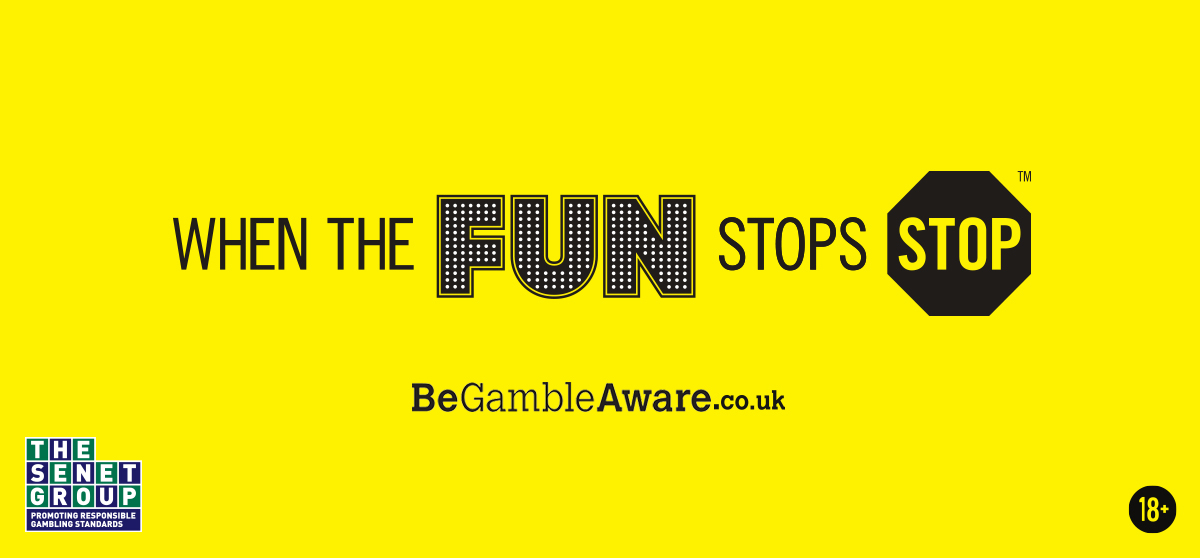AVOIDING THE BOMBS
It is sobering to experience a day when nothing goes right for you.
You know the days I'm talking about: when race after race throws up a totally unconsidered winner and every one of your bets has the speed of a marauding sloth. It re-informs you that racing is performed by flesh and blood and can be as subject to the vagaries of fortune as you are subject to fortune (or not) when you duck a wife-propelled dinner plate. Some days you forget to duck...
But a few words about bad results: This is the time when systemites (who I wrote about in the article Plethora of Nuance) begin tinkering with their system rules. Quite soon they discover the tinkering has not worked, so they tinker again, then again. Then they discard the system and create another one, only to go through the same experiences. Eventually, they decide racing is for mugs and go online to play the roulette wheel, or maybe bet on which box the gerbil will enter on Sky channel eight-hundred-and-whatever-other-number....
It is also a critical time for the amateur or "fun punter".
Bad results cause the cranially challenged to inform the less informed of us that racing is fixed and run only for the bookies, who are in league with owners, trainers, jockeys, breeders and greengrocers who deliver cabbage to Lord Feffenpot's mansion. They actually sound as stupid as that last sentence. They go on and on, and on, and on, then back the 11/10 favourite in the 15 runner, two mile handicap over Towcester's rain soddened track - "just for interest, mind."
Still others try to avoid losing the next day by backing short priced favourites to recover the losses, only to discover about 5-30pm that they have backed three winners but won only three quid. They go back the following day trying to find a few good each way bets to win more money. Again, at about 5-30pm they discover that the 20/1 runner up they backed had returned only the same amount as if they had backed a 6/4 winner with the same sized bet. They then return to the short priced favourites the next day. And so it continues.
The only way to treat a bad results day is to treat it as a professional does. Don't dwell on the losses. Accept them as occassional inevitabilities. Treat the next day's betting the same as you treat every other day's betting. Don't do what far too many do. They ask themselves why they went so wrong and begin to change not only the way they bet but the way they select horses. Changing the way you bet overnight can become as disasterous as the day you're trying not to repeat.
There is nothing wrong with reviewing your selection methods. It is a healthy exercise. But only in the long term. If you decide straightaway that you're going to change your method of selection, the huge danger is there that you'll get more bad results more frequently. That is the nature of willfully trying to steer fortune in your direction. Don't do it.
You should ask yourself only two questions: Why did that losing selection lose? And, why did that winning selection win? It is not advisable to delve too deeply into why a horse lost. Have a look, by all means, but don't get bogged down in it. Why? Because the reason one horse loses can be the exact same reason why another horse won.
Horse A usually runs over 7 furlongs and shows consistent form on good ground. Then it runs over 1m 2f on heavy and scoots up. It wins its next race also on heavy - in which you backed it - with similar ease.
Horse B has the same history and wins in similar circumstances - but it gets beaten easily next time in similar circumstances.
You will probably discover that Horse A is bred to get 1m2f, is sired by a soft ground performer, and has been running at one pace on good and better ground. But Horse B wasn't bred to get the trip - though it did. Also Horse B led unmolested from the front and the others were catching it hand-over-fist in the closing stages but it was so far clear they couldn't catch it in time.
It seems clear that the very best way to continue your betting with confidence is don't change too much the way you have read form to bet before. Don't dwell on, "Why did that selection lose?" Dwell on, "Why did that selection win?"
If you ask too much why your selection lost, you have immediately admitted defeat. You are looking to reverse fortune simply by avoiding the reason you bet that horse. But since the same methods have selected winners before, they will again. If you discard any bit of your method, you are inviting more losers.
But if you continually ask why your selection won, you are immediately looking at positives. Learning from your mistakes is the only way to avoid them in the future. But if you look at your mistakes too deeply and too quickly through a losing selection, you are in danger of creating another mistake that was never there in the first place.
Concentrate on the things that made you bet a winning horse. Then repeat that process in your future bets. You'll still bet losers, but those losers will have fewer mistaken form readings in them. You'll soon find your confidence is boosted by having fewer losers. And those losers already have more positives - positives you have highlighted - and fewer negatives than previous losers.
Be positive at all times. Accept that losers are inevitable. Do not change your selection method overnight. Let it evolve over time. And never, ever think you should back eight horses a day just because there are 24 races on offer.
